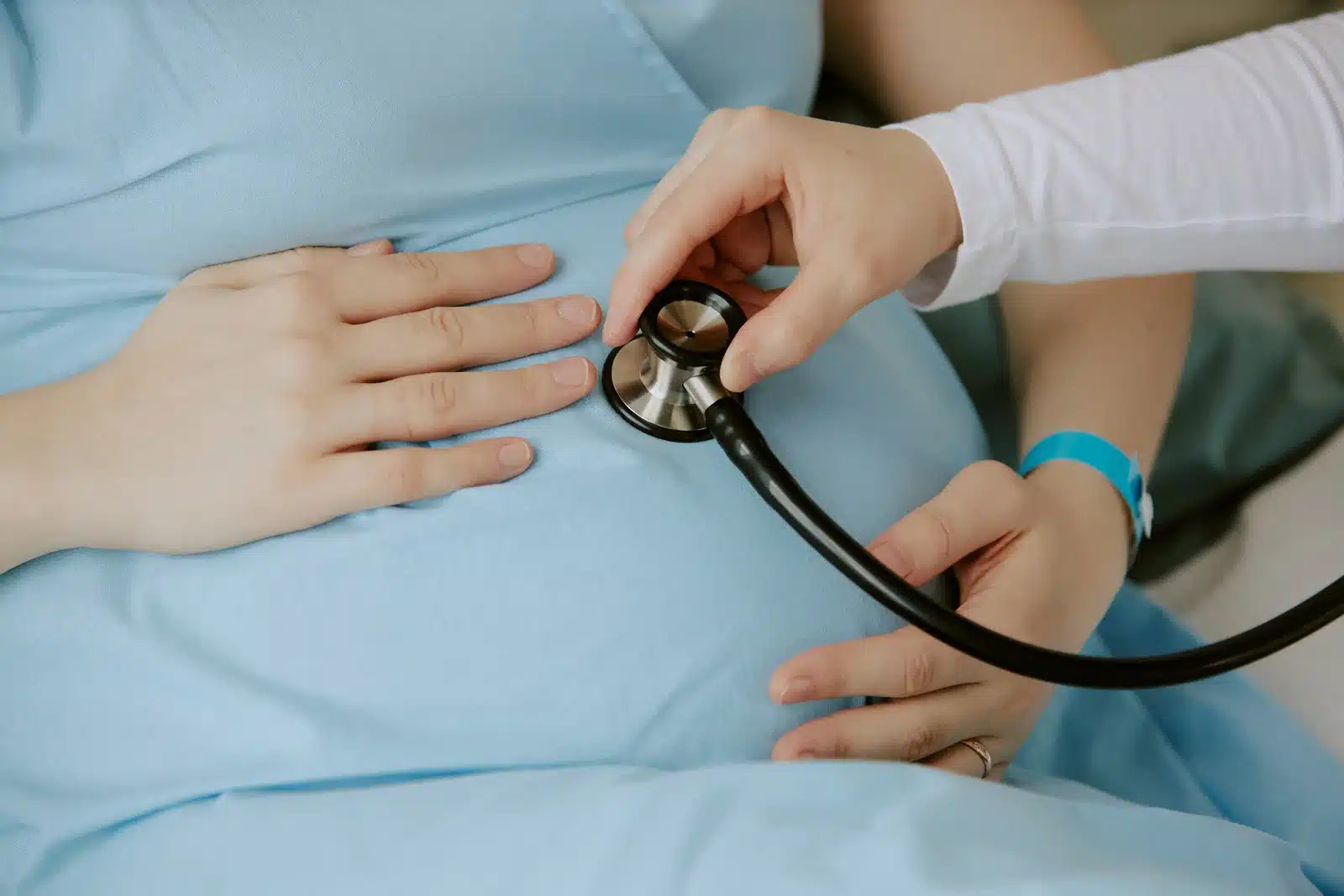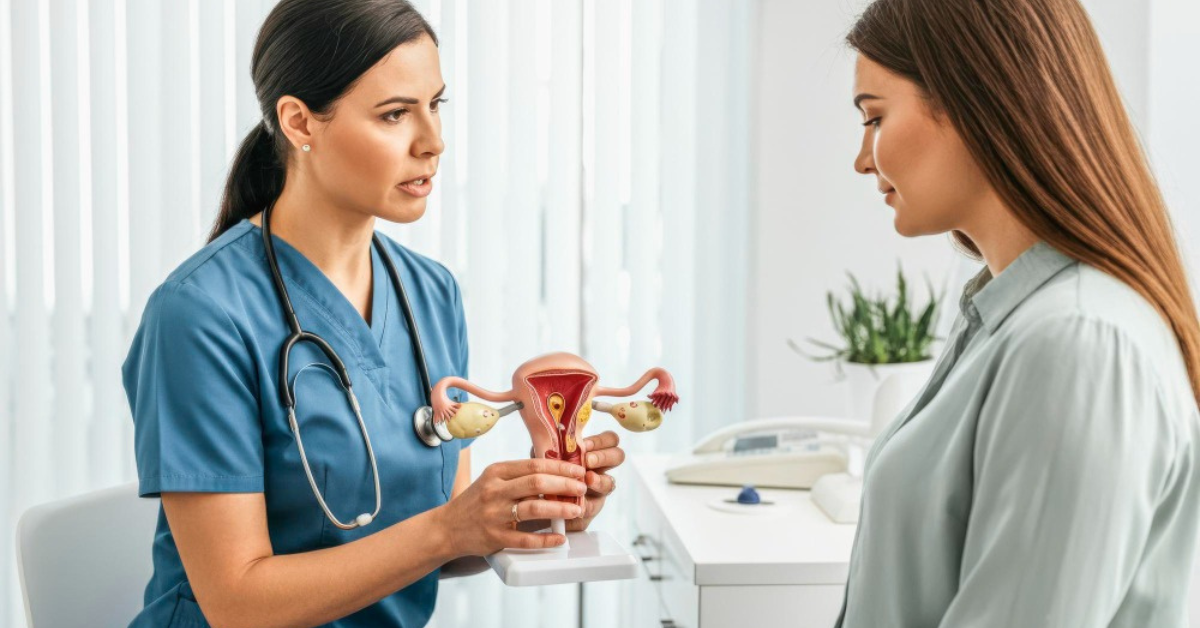Gynecologists are an essential partner for women’s health, regardless of whether they’re women in their early twenties, postmenopausal, or somewhere in between. However, you might be wondering what symptoms or issues are worthy of visiting a doctor. Best gynaecologist in Ahmedabad is here to tell you when it’s the right time to visit.
What is a gynecologist supposed to do?
Gynecologists are physicians who specialize in the reproductive health of women.
In other words, a Gynecologist has experience in treating conditions or issues which affect the reproductive system of a woman, which include:
- Vagina
- Cervix
- Uterus
- Ovaries
- Fallopian tubes
- Breasts
Gynecologists also conduct Pap Smears, pelvic exams, and various other preventive treatments that start around age 21 as an integral part of your wellness exam for women.
What is the best time to see the gynecologist?
From your annual check-up with your doctor to signs that indicate the need for a consultation, you know it. Here are 7 signs that the time is right to visit the best gynec doctor in Ahmedabad.
1. Painful or irregular periods
It’s cramping, bleeding, or other symptoms; menstrual cramps don’t always feel “normal.”
When are they unusual and worrying?
Your period can be affected by many things, from travel and stress to new medications and weight changes. Having a period that’s a little heavier or longer than usual every once in a while isn’t a huge concern. Usually, the cycle will correct itself on its own over the next month or so.
However, if you notice that the condition persists, you should see your gynecologist. If several periods in a row are significantly worse than usual, it could be a sign that something else is going on.
Women can develop endometriosis, which occurs when the uterine tissues are placed in the fallopian tubes, the pelvic lining, ovaries, or other pelvic areas, and triggers severe pelvic pain. It can also be caused by uterine fibroids or non-cancerous tumors of the uterus that may cause painful menses and heavier.
- A normal period can look and feel
- Greater than usual bleeding
- The cramps are intense and occur prior to the start of
- Bleeding that is more than one week
- Inconveniently, bleeding occurs on other days or weeks
Visit Lifeline Women’s Hospital & IVF Centre if you’re having irregular menstrual cycles.
2. Insufficiency of vaginal bleeding
It’s not always a reason to be concerned.
Some women are spotted with every cycle of ovulation. Some women experience spotting after starting the new pill for birth control. If you don’t take the correct dose of your birth control pills, this causes irregular bleeding. As we approach menopause, many women are prone to irregularities in their cycle.
There are instances when vaginal bleeding may be unnatural and alarming It can be a sign of:
- Periods with bleeding that is not explained.
- The possibility of bleeding during pregnancy
- Menopausal bleeding after menopause
In particular, we take bleeding after menopause very seriously. Post-menopausal bleeding doesn’t always mean cancer, but it can, so we don’t take any chances. We try to begin the evaluation very quickly and efficiently.
3. Pelvic discomfort
If you’re suffering from pelvic pain after specific activities like exercising or intercourse, it’s time to consult your gynecologist.
Other indications of discomfort in the pelvis include feeling uncomfortable or having a feeling of heaviness around your abdomen. You may also experience vomiting and fever when it is more severe.
Stay up-to-date
If you sign up for our newsletter by registering, you’ll be notified of our monthly newsletter that includes video clips, articles, as well as health and fitness tips.
Pelvic pain can be a sign of an ovarian cyst, a fluid-filled sac that can form in the ovaries. Many women will wait until the pain is severe enough to send them to the emergency room, where a CT scan or pelvic ultrasound will then show the presence of an ovarian cyst.
It is crucial to keep an eye on the cysts. The majority of cysts are harmless; however, your gynecologist must ensure that the tumor does not look suspicious or potentially cancerous.
Pelvic inflammation (PID) may also trigger chronic pelvic pain. The cause is when there’s an infection within the fallopian and uterine tubes. The condition is best promptly treated using IV or oral antibiotics that help maintain fertility.
In addition, endometriosis may result in pelvic pain. However, it is more persistent and can develop over several months or years.
4. Menopause symptoms
Another very common reason for women to see a gynecologist is to get questions about menopause answered. We talk about what symptoms are normal and abnormal, as well as what else to potentially expect during this phase of life.
The ideal scenario is that a woman’s hormone levels are evaluated before consulting a gynecologist regarding perimenopausal symptoms and, therefore, the visit can be devoted to discussing the best way to handle the hormones and important manifestations.
5. Lumps or discomfort in the breast
An ultrasound or mammogram will almost always be required for determining if there is a lump or pain in your breast lump in the breast could be serious; however, it is not always necessary. Gynecologists will be able to evaluate you as you progress and assist in determining the importance of getting a breast scan.
6. Urinary problems
UTIs are frequent in females, and your gynecologist will be well versed in assisting you to manage this and the irritating condition. UTI symptoms are usually diagnosed and prescriptions for antibiotics may be given by telephone. But if you’ve taken your antibiotics and don’t feel like your symptoms are improving, that’s worthy of a trip to the clinic.
Best gynec hospital in Ahmedabad at Lifeline Women’s Hospital & IVF Centre. Although your gynecologist is able to handle straightforward UTIs, more difficult cases, such as frequent UTIs, are likely to lead to the referral of a urologist.
7. It’s time to take your check-up with your doctor
An annual well-woman checkup is your annual appointment with your Gynecologist. This visit could include the following: Pap test, breast examination, and pelvic examination as per your age, screening guidelines, and the risk of Gynecologic concerns.
With HPV testing and vaccination, we don’t do a Pap smear every single year for every woman. Sometimes, every two or three years is sufficient. But this is something your doctor will determine based on your age and individual risk.
From regular pelvic and breast exams to recommending the other types of preventive care you may need, like mammograms, bone density testing, and colorectal cancer screening, your annual well-woman exam is an important way to stay on top of your health.




